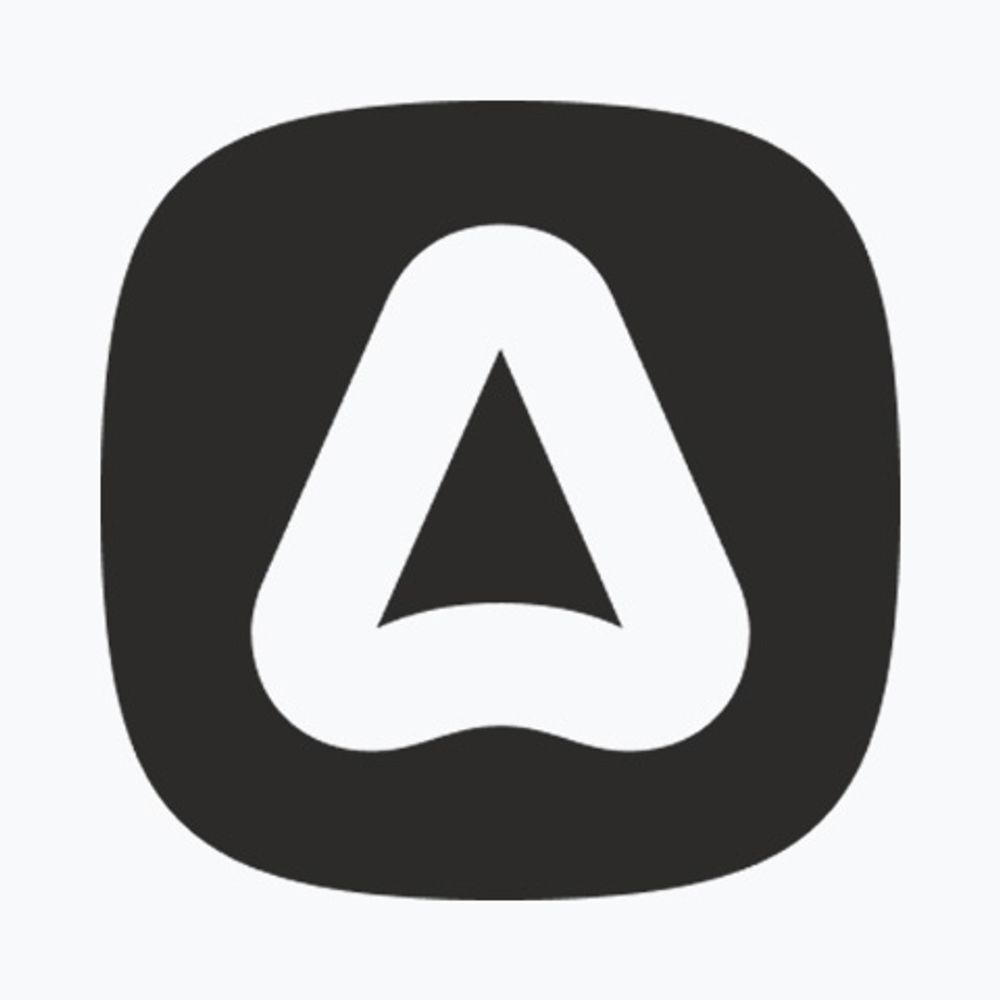Lessons

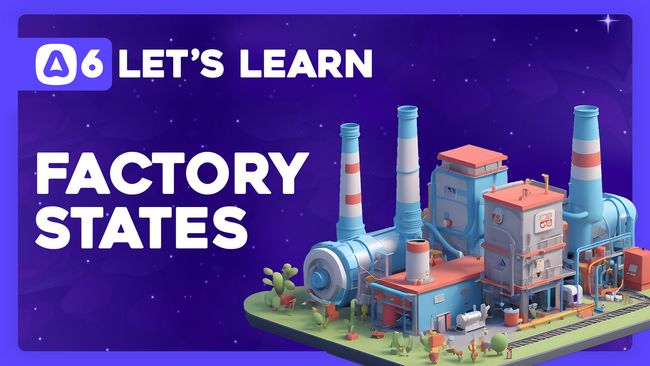

Let's Learn AdonisJS 6 #4.15
Tapping into Model Factory States
In this lesson, we'll dive a little bit deeper into Model Factories by introducing factory states. We'll also learn how we can use the tap method to alter a factory result prior to it persisting into the database

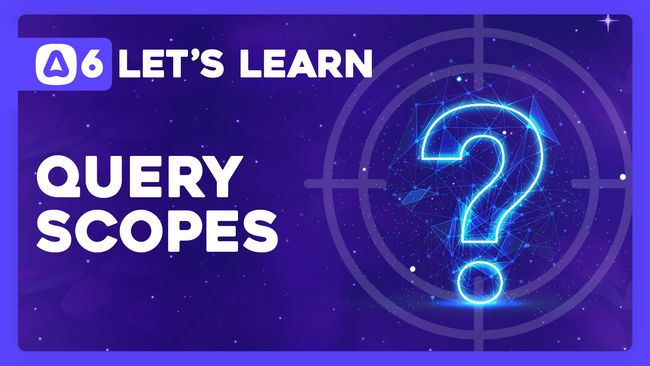

Let's Learn AdonisJS 6 #4.14
Reusable Query Statements with Model Query Scopes
In this lesson, we'll learn about Model Query Scopes and how we can use them to create easily reusable query statements that we can apply using the Model Query Builder.

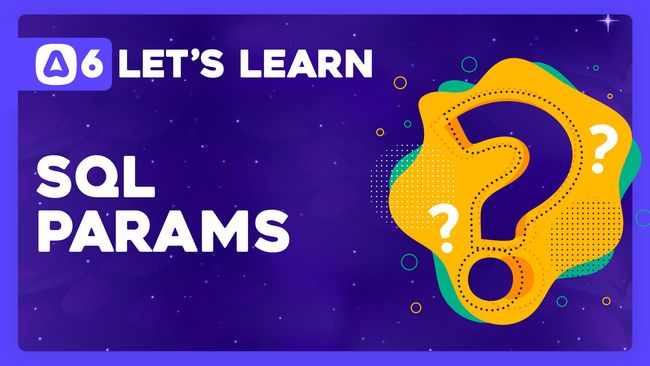

Let's Learn AdonisJS 6 #4.13
SQL Parameters and Injection Protection
In this lesson, we'll learn about SQL Parameters, also called query bindings, and how using them helps safeguard our database from malicious attacks attempting to perform SQL Injection.



Let's Learn AdonisJS 6 #4.12
Adding A Profile Model, Migration, Factory, and Controller
Uh oh, a new requirement has come in and now we also need to account for user profiles! In this lesson, we'll learn how we can easily create a new model, migration, factory, and controller for an entity in one fell swoop!

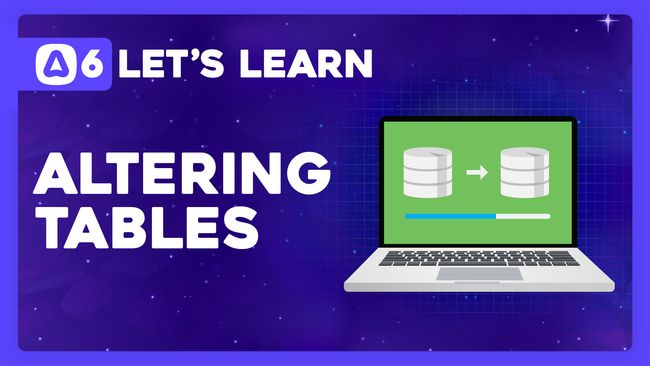

Let's Learn AdonisJS 6 #4.11
Altering Tables with Migrations
In this lesson, we'll learn how to alter our database tables using migrations both while in development, where we can delete our data, and once our data has already hit production where we need to persist all data.

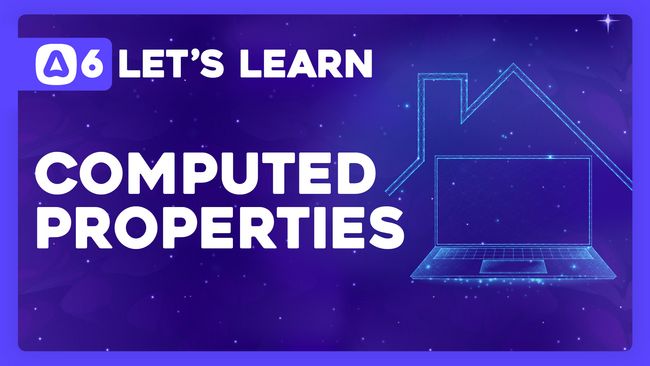

Let's Learn AdonisJS 6 #4.10
Unmapped and Computed Model Properties
In this lesson, we'll learn how to add unmapped and computed properties to our Lucid Models. We'll discuss the differences between a model column, unmapped property, and a computed property.

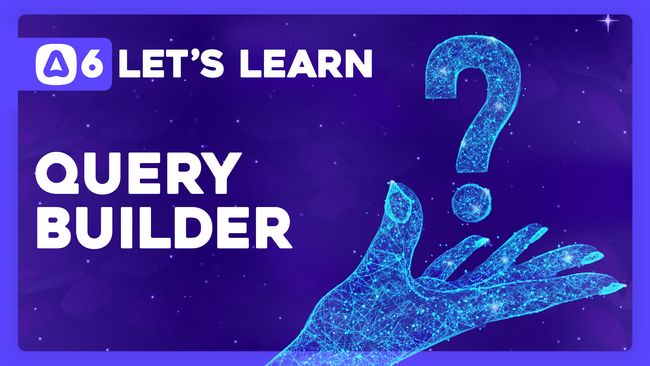

Querying Our Movies with the Query Builder
In this lesson, we'll introduce both the database and model query builder. We'll learn the differences between the two and the basics of how to use them.

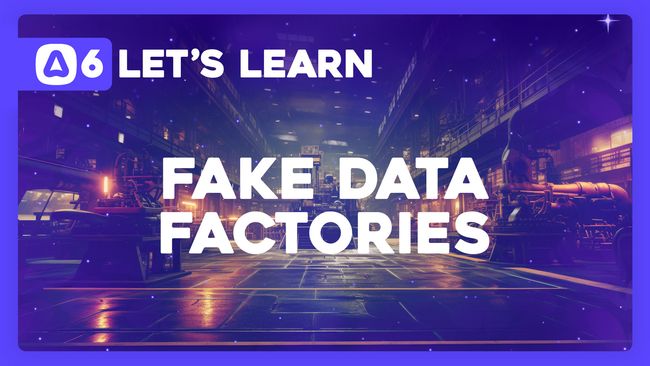

Stubbing Fake Data with Model Factories
In this lesson, we'll learn how we can quickly and easily bulk-create dummy/fake data within our database for each of our Lucid Models using Model Factories

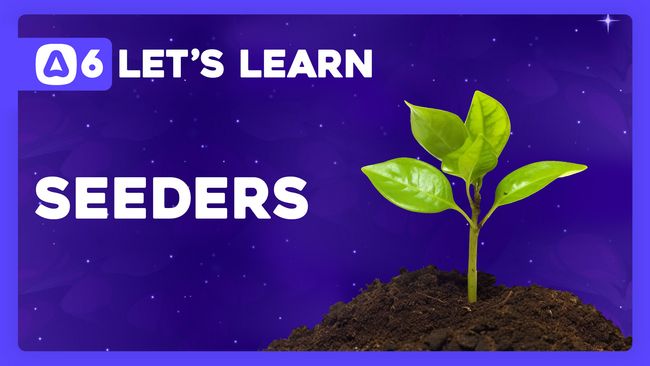

Defining Required Data with Seeders
Our database will have specific, non-changing, roles and movie statuses. In this lesson, we'll learn how we can quickly and easily create these records inside of our database using seeders.



The Basics of CRUD
In this lesson, we'll walk through the basics of creating, reading, updating, and deleting (CRUD) data from our database using our Lucid Models.

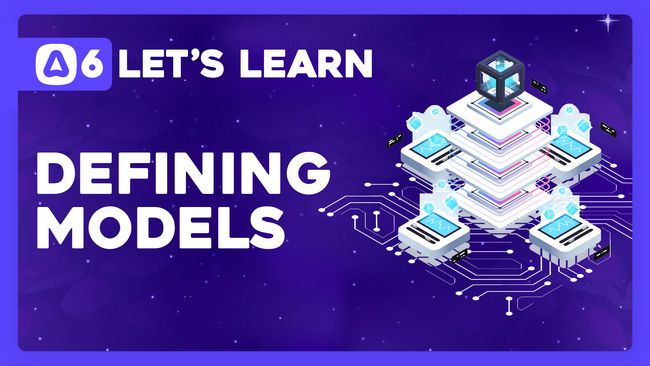

Defining Our Models
In this lesson, we'll walk through the process of defining all our database tables and columns as models and properties within our application.

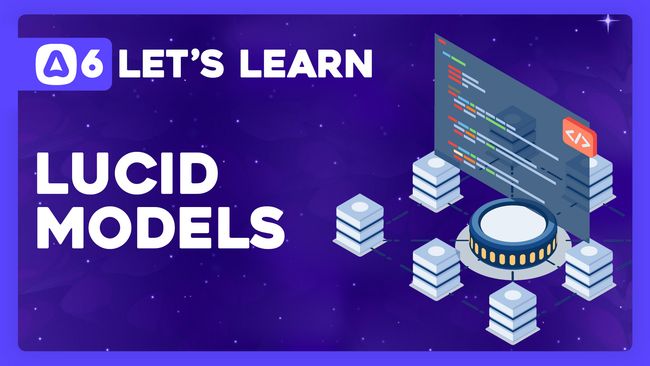

Introducing Lucid Models
In this lesson, we'll introduce models using the Lucid ORM. We'll learn how we can map database columns to our model properties and specify special behavior for our date time columns.

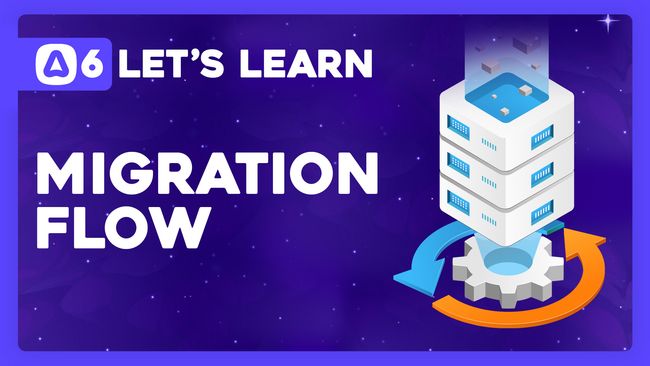

The Flow of Migrations
In this lesson, we'll learn about the various migration-based commands made available by the Ace CLI and how they interact with our migration files. We'll use these commands to run, rollback, and refresh our migrations against our database.

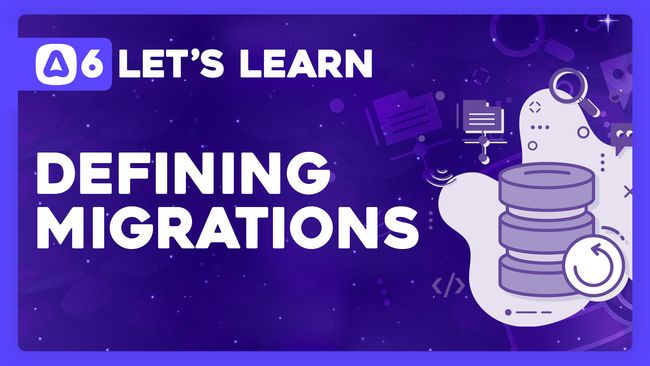

Introducing and Defining Database Migrations
In this lesson, we'll introduce database migrations. We'll learn what they are, why they're great to have, and how we can create and use them to define our database tables and their columns.

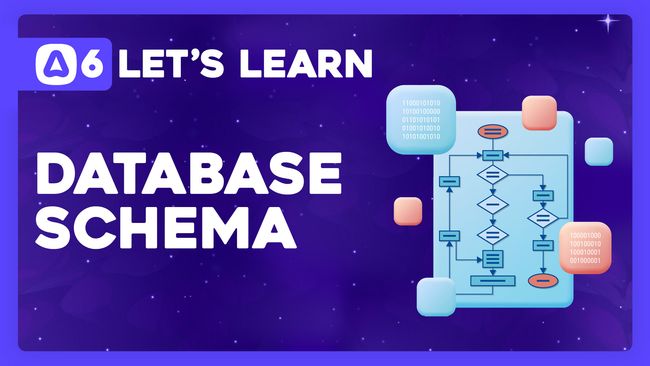

Understanding our Database Schema
In this lesson, we'll walk through how to understand a database schema diagram. We'll then discuss the schema we'll be working with throughout this series; describing the tables, columns, data types, and relationships.

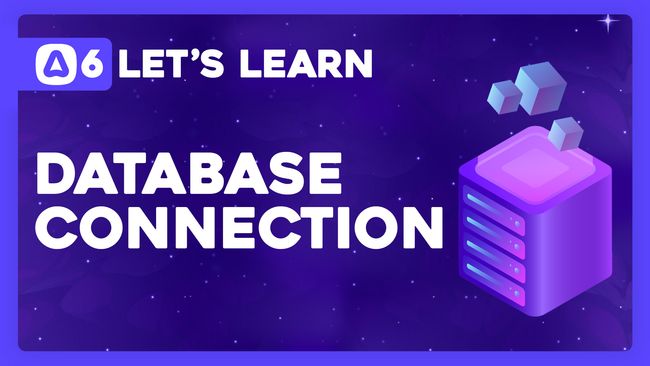

Configuring Lucid and our Database Connection
In this lesson, we'll learn how we can configure Lucid to use a different driver other than SQLite; PostgreSQL is shown but MySQL and MSSQL are much the same. Then, we'll set up our connection details so that we can successfully connect to our database.

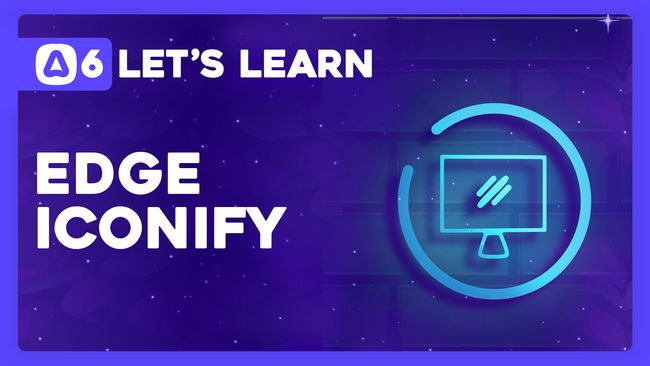

Let's Learn AdonisJS 6 #3.10
Easy SVG Icons with Edge Iconify
In this lesson, we'll learn how we can install and use the edge-iconify package giving us super easy access within our EdgeJS files to any of the SVG icon packages available through Iconify.



HTTP Method Spoofing HTML Forms
In this lesson, we'll learn how we can enable HTTP Method Spoofing to allow AdonisJS to spoof intended HTTP Verbs for basic HTML form POST requests.
Showing 253 to 270 of 436 results
